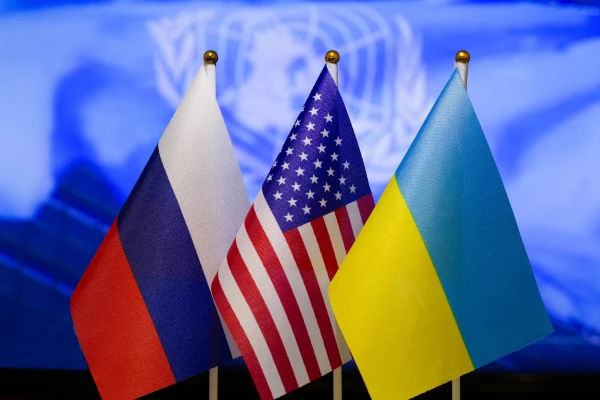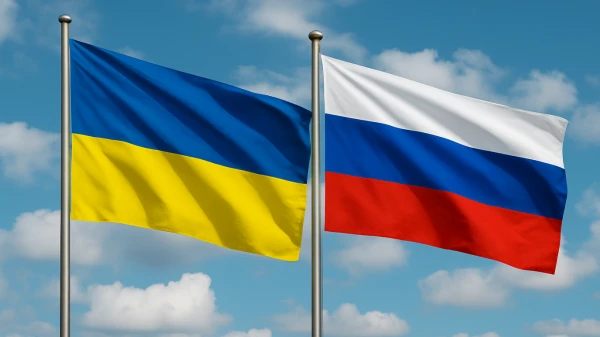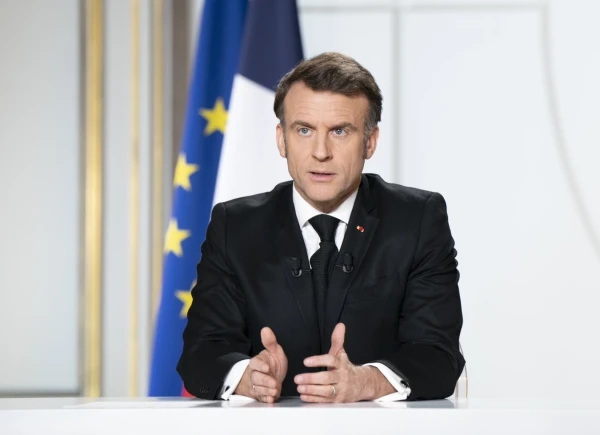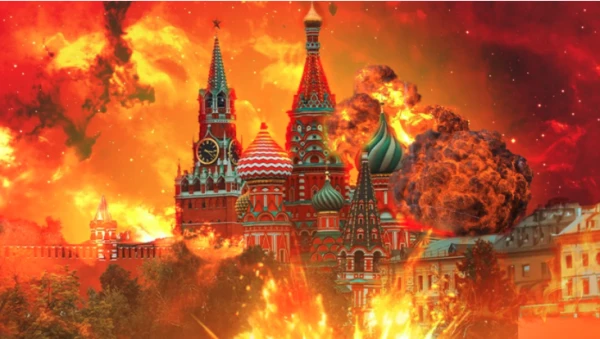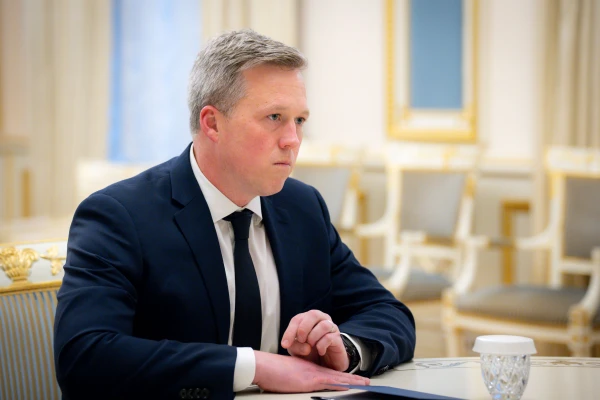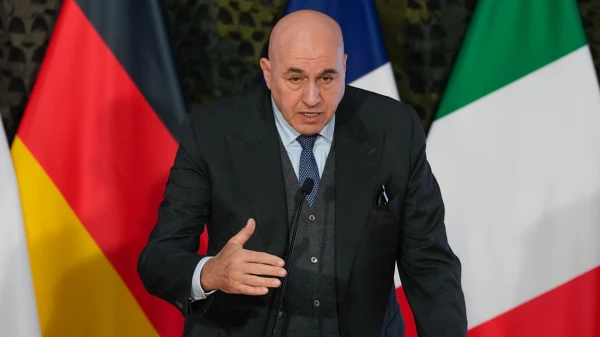
It is necessary to move towards active resistance by establishing a European Center for Countering Hybrid Warfare.
Italy's Defense Minister Guido Crosetto has urged Western countries to counter the growing number of hybrid attacks from Russia, which could lead to catastrophic consequences. He believes it is necessary to move towards active resistance by establishing a European Center for Countering Hybrid Warfare. In Poland, which is most frequently subjected to such attacks, it is believed that the country is already on the brink of war with Russia.
Crosetto condemned the "inertia" of European countries and NATO partners in the face of increasingly brazen and aggressive actions by Russia in a 125-page document titled "Countering Hybrid Warfare: An Active Strategy." "Hybrid warfare continues, and within its framework, strikes are being made against critical infrastructure, decision-making centers, essential services, and structures of each country, creating a growing risk of catastrophic damage daily," the minister writes. "We are under attack, and hybrid bombs continue to fall: the time to act is now."
Western countries, constrained by democratic processes and the slow, consensus-based decision-making process in the EU and NATO, are merely reacting to Russia's actions, "constantly lagging behind," the minister noted. He called the lack of an adequate response "absurd" and "unacceptable," stating that if a real invasion of enemy troops were to occur, "we would not simply barricade ourselves at home hoping they would leave."
To combat Russia, Crosetto proposed creating a European Center for Countering Hybrid Warfare, a cyber unit of 1,500 personnel, as well as military units focused on artificial intelligence and supply chain protection, and to engage experts in countering disinformation.
Russia ranks first on Crosetto's list of hybrid threats (followed by China, Iran, and North Korea): "Its activities include sabotage, disinformation, political influence, undermining strategic supplies, cyberattacks, and using mercenaries and migrants as tools of destabilization."
According to the Prague-based think tank Globsec, from January to July of this year, individuals with ties to Russia committed over 110 acts of sabotage and attempted attacks in Europe, mainly in Poland and France, Politico reports.
Crosetto defines the hybrid threat as coordinated actions across multiple domains carried out by state and non-state actors that do not reach the level of armed conflict and often evade attribution (meaning they do not allow for a connection to the perpetrator or client), aimed at causing harm, destabilization, or weakening the opponent.
Speaking about such actions, EU High Representative for Foreign Affairs and Security Policy, Kaia Kallas, reminded in an interview with Bloomberg of NATO Secretary General Mark Rutte's words that they should not be called "hybrid attacks" as if they were something not very serious; in reality, they are "acts of state terrorism." However, when asked how the EU should respond to them, she took a less hardline stance than Crosetto. The approach, she said, should be balanced. On one hand, it is necessary to show Russia that it cannot act with impunity. But Moscow wants Europe to be afraid, and if the response is too harsh, it could generate fear in European society, Kallas explained.
The latest act of hybrid warfare was the sabotage of railway tracks in Poland. Its authorities accused two Ukrainians, acting on the orders of Russian special services, of sabotage. Following this, Polish Defense Minister Mariusz Błaszczak described relations with Russia as being "in a state between war and peace."
And the Director of the Bureau of National Security of Poland, Sławomir Cenckiewicz, told the Financial Times in October that Russia is using its shadow fleet to launch drones into European airspace, stating:
"In cyberspace, Poland is at war with Russia; this is no longer just a threat."
